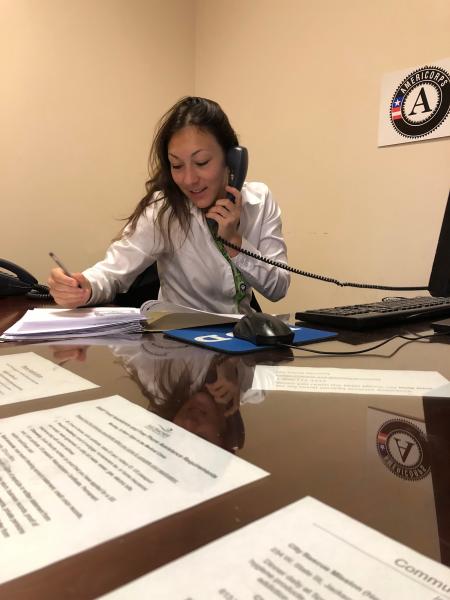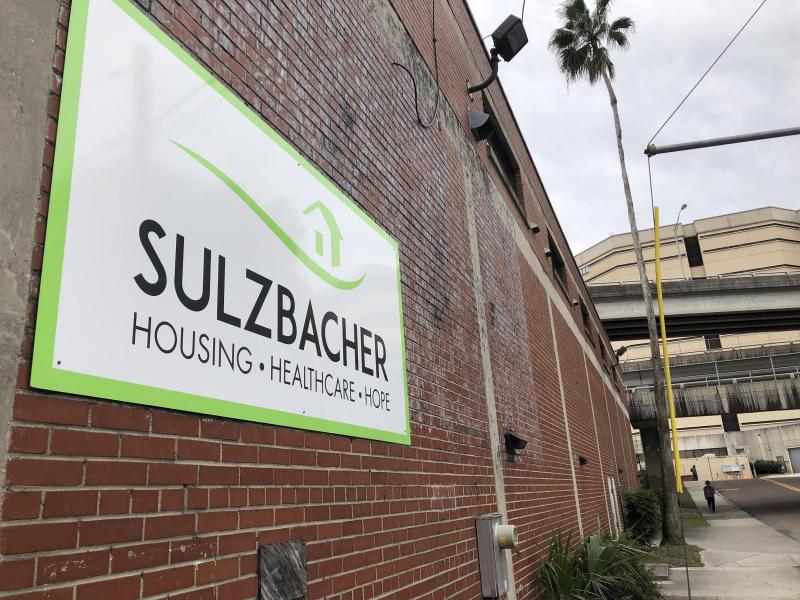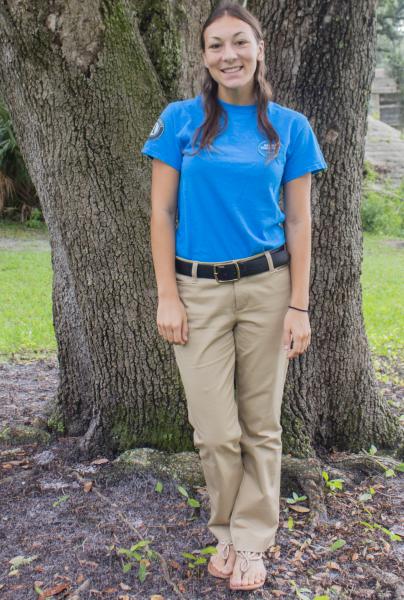Inside Homelessness
 It’s no secret that the United States, taking pride in its diverse atmosphere, is home to a wide variety of cultures and backgrounds. This nation has become known as the “melting- pot” of lifestyles and backgrounds of those across the globe. With a passion for development and opportunity, there seems to be some obstacles this country has yet to overcome. One issue our country continues to combat is homelessness and what it means for our population.
It’s no secret that the United States, taking pride in its diverse atmosphere, is home to a wide variety of cultures and backgrounds. This nation has become known as the “melting- pot” of lifestyles and backgrounds of those across the globe. With a passion for development and opportunity, there seems to be some obstacles this country has yet to overcome. One issue our country continues to combat is homelessness and what it means for our population.
To first wrap our head around this issue and how to solve it, we first have to identify what homelessness actually is. So, what does it really mean to be homeless? Everyone has their own idea of what homelessness looks like. To some it’s a man with a sign on a street corner. To others it’s a group huddled in a park. The reality is that homelessness disguises itself in many ways to blend in with the flow of modern society, and it’s a growing problem that’s closer to us than we realize.
The National Health Care for the Homeless Council (NHCHC) used to define a Homeless individual as someone who lacks “housing”; as many people still believe. With the vast changes made in our society, we see the idea of homelessness changing as well. The NHCHC now defines a homeless individual as someone who lacks “permanent housing”. This creates the notion that just because someone might have a place to sleep for a night, or a week, or a year, does not mean they have a home.
 Since I started my year of service in the National Health Corps Florida AmeriCorps program as a Health Educator at the Sulzbacher Center in Jacksonville, I’ve noticed that some of my own ideas and pre-perceived notions of homelessness have changed. Like many people in this country, I too thought about homelessness as someone without a place to live; this idea has changed dramatically. After serving with the homeless population, I’ve learned so much about people’s history and background and how they got to where they are today. While the population I serve may be categorized by the new definition of “homeless”, they find themselves lucky to have a place like Sulzbacher to call home, even if it’s not permanent.
Since I started my year of service in the National Health Corps Florida AmeriCorps program as a Health Educator at the Sulzbacher Center in Jacksonville, I’ve noticed that some of my own ideas and pre-perceived notions of homelessness have changed. Like many people in this country, I too thought about homelessness as someone without a place to live; this idea has changed dramatically. After serving with the homeless population, I’ve learned so much about people’s history and background and how they got to where they are today. While the population I serve may be categorized by the new definition of “homeless”, they find themselves lucky to have a place like Sulzbacher to call home, even if it’s not permanent.
In Jacksonville, many people who fall under the category of “homeless” are often displaced individuals and families, who have recently lost their permanent housing. The sense of security and hope is gone when parents are unsure about where their children will sleep that night. Many community organizations, like Sulzbacher, are pulling their resources together to provide temporary solutions to fix a long term problem. By providing Individuals and families with a place to sleep, food, access to job searching and other government resources, and hope, people can get back on their feet and out of the streets for good.
When it comes to homelessness, as I’ve learned in my short time at Sulzbacher, the problem is not simply about a lack of shelter. The issue lies in the lack of stable housing, lack of job opportunities for individuals with complex histories and health issues, and lack of direction. When the community comes together to guide people to the resources they need,there’s hope that nobody will not have to face the trials of homelessness.

This blog post was written by NHC FL AmeriCorps member, Becca Cetta.
Becca serves at the I.M. Sulzbacher Center- Life Skills Department as a Health Educator.